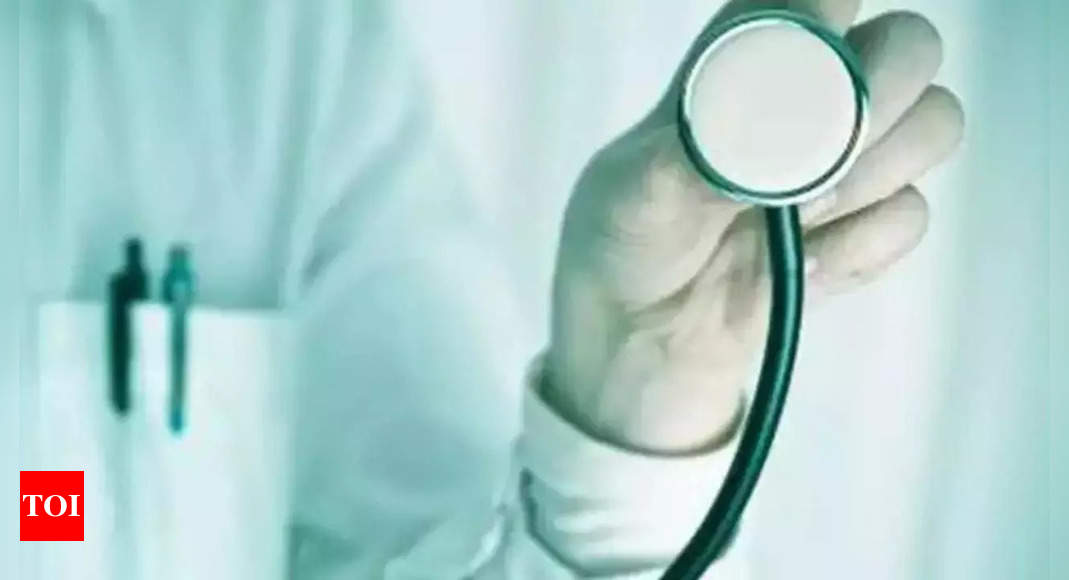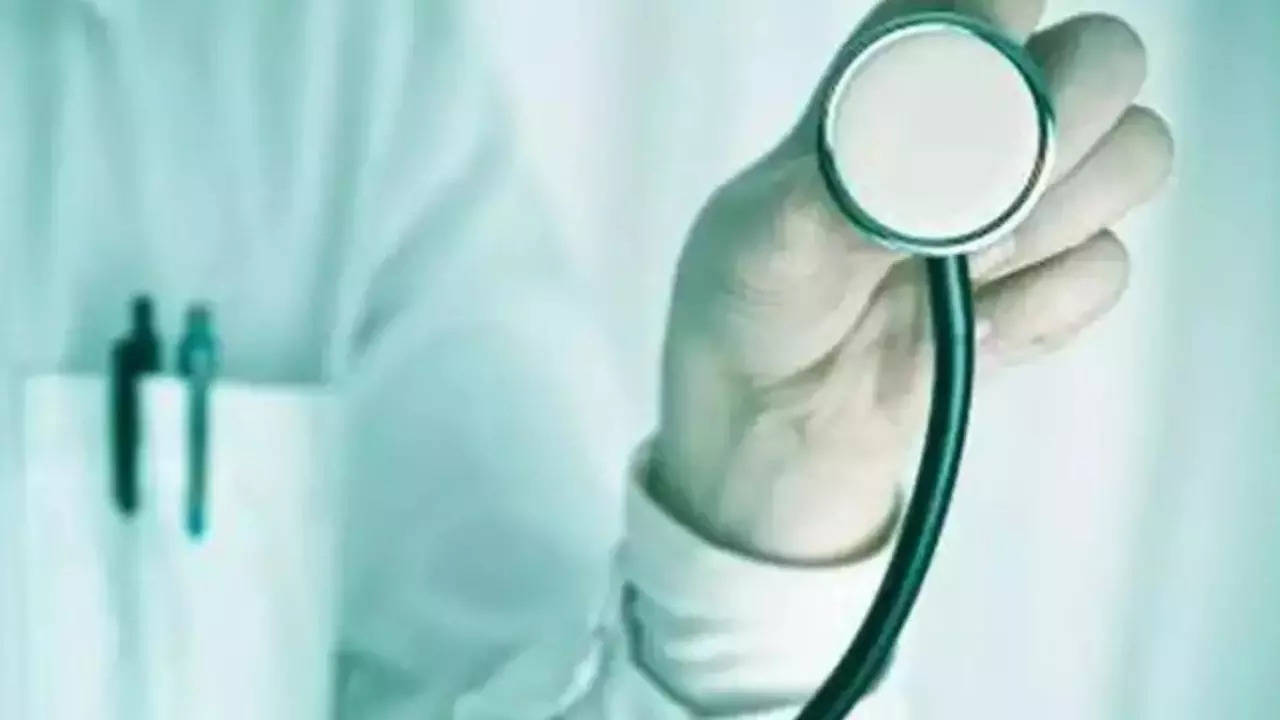[ad_1]
Why is carbon monoxide poisonous?
Carbon monoxide poisoning happens when carbon monoxide accumulates in the bloodstream. When the air contains excessive amounts of carbon monoxide, the body replaces the oxygen in red blood cells with this gas, which can cause severe tissue damage or even be fatal.Haemoglobin is a complex protein that binds to iron atoms. This structure allows oxygen to attach loosely to the iron atoms. As blood travels through the lungs, the iron in haemoglobin binds with oxygen. When the blood moves to oxygen-poor areas of the body, the iron atoms release their oxygen. The haemoglobin is finely tuned to absorb and release oxygen based on the slight differences in oxygen pressure between the lungs and the body’s tissues.
However, carbon monoxide binds very strongly to the iron in haemoglobin. Once carbon monoxide attaches, it is extremely difficult to detach. Inhalation of carbon monoxide results in it occupying all the oxygen-binding sites on haemoglobin. Consequently, the blood’s ability to transport oxygen is severely diminished, leading to suffocation.
Due to its strong binding affinity, carbon monoxide can be dangerous even at low concentrations if exposure is prolonged. Levels as low as 20 to 30 parts per million (PPM) can be harmful with extended exposure. Exposure to 2,000 PPM for just one hour can lead to unconsciousness. Common sources of carbon monoxide include vehicles, gas appliances, wood stoves, and cigarettes.
Symptoms
Carbon monoxide poisoning primarily affects the brain and heart. Symptoms can resemble flu symptoms without fever and may include:
- Headache
- Weakness
- Dizziness
- Nausea or vomiting
- Shortness of breath
- Confusion
- Blurred vision
- Drowsiness
- Loss of muscle control
- Loss of consciousness
Neurological symptoms may appear after recovering from carbon monoxide poisoning, particularly in individuals who lost consciousness or are elderly. These symptoms may include:
- Memory loss
- Personality changes
- Movement difficulties
Carbon monoxide poisoning can be especially hazardous for those who are asleep, under the influence of drugs, or intoxicated, as it can cause severe brain damage or death before the problem is detected.
When to see a doctor
If carbon monoxide poisoning is suspected, seek fresh air and medical care immediately.
Also Read | Sheepshead Fish: All you need to know about the fish with human teeth
[ad_2]
Source link

